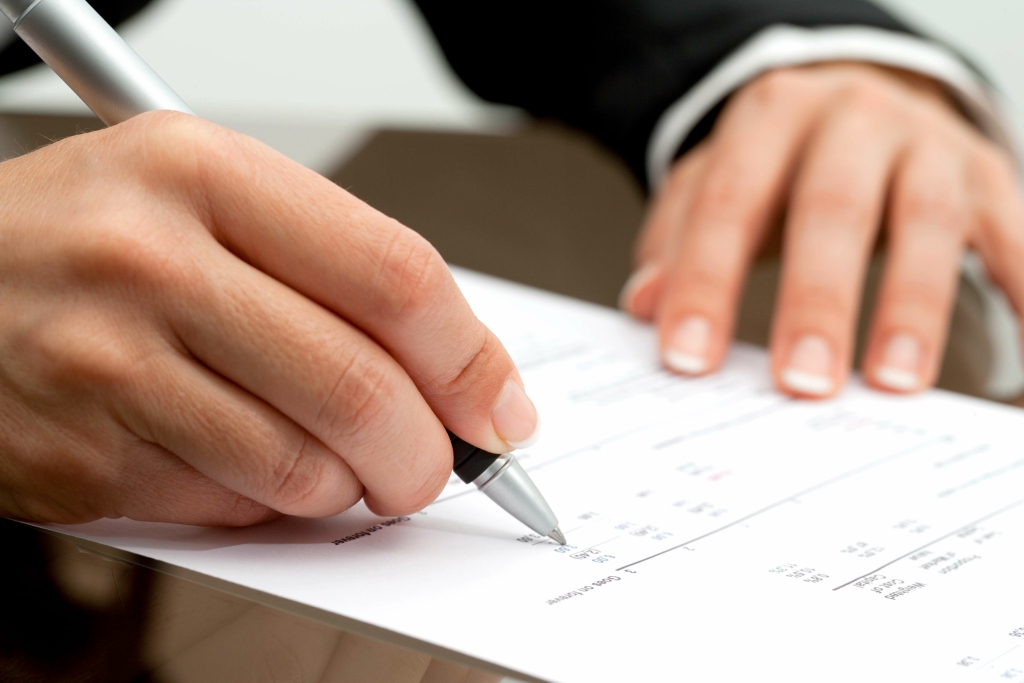Hence, as per the available information, the check can be considered stale if not cashed in the bank within 60 days or it might never be considered stale. This is also dependent on various factors and bank rules. According to the official definition, stale-dated checks are those checks which are at least 6 months that are 180 days old.
What are the risks of cashing a stale-dated check?
You may have valid reasons for holding on to a check written to you, but it’s best to deposit or cash checks as soon as possible, as there are risks involved. However, the money order issuer might start charging fees against the money order, eroding its value and eventually making it worthless. For example, Western Union charges fees to money orders after one to three years. Instead of depositing those old money orders, you may need to contact the issuer to get any remaining value.
- Cashing a check promptly ensures that you can access the funds without issues, such as the check bouncing or having it go stale.
- Most banks still honor personal checks for a full six months (180 days) after the issue date.
- Almost every state requires a business to perform due diligence by contacting the owner of the unclaimed property.
- No bank in the United States has any obligation to cash checks that are more than 180 days old.
- However, you might be contacted by the person who issued the check to verify that the check was received and that it has not been lost or stolen.
- If a cashier’s check has a pre-printed expiration or void date, it’s probably best to cash it before then.
Everything to Run Your Business
These brands compensate us to advertise their products in ads across our site. This compensation may impact how and where products appear on this site. We are not a comparison-tool and these offers do not represent all available deposit, investment, loan or credit products. Because it can be a good practice to cash or deposit checks soon after receiving them, you may want to consider direct deposit.
When is a Check Considered Stale Dated?
Waiting too long could also result in the payer stopping payment on the check. And if you fear that a check you have written has been lost or stolen, you should move promptly to cancel the check with your bank. Checks that remain outstanding for long periods of time can’t be cashed, as they become void. Outstanding checks that remain so for a long period of time are known as “stale” checks.
- Some courts have found those time-limiting statements to be unenforceable, but don’t count on that in every case.
- As the rightful owner of these funds, the state should hold them in case you claim them.
- They typically don’t expire but are often subject to state unclaimed property laws.
- In either case, banks are under no obligation to accept a check once it is deemed stale.
- Ultimately, it may depend on the type of check involved, explained in detail below, and what the bank chooses to do.
The six-month time frame generally applies to personal and business checks — including payroll checks. Bank-certified funds, including cashier’s checks, aren’t governed by the UCC. Instead, each bank itself may limit the length of time they will honor a cashier’s check.
I’m a Bank Teller: 7 Reasons You Shouldn’t Keep More Than $3,000 in a Checking Account
Many checks, including personal checks, have a 6-month expiration date. Other types of checks can take longer to expire or may not expire at all. Some banks may allow you to deposit a check that’s gone stale if they believe the funds will be available. But it may help to keep in mind that if there aren’t enough funds to cover the check, you could run into issues with a bounced check and related fees.
Business checks are good for 180 days after the date printed on the check. However, banks may honor a business check that is older than 6 months. UCC guidance for banks does not prevent a bank from honoring an older check.
Chase Security Center
If the bank is at fault, a person could explore filing a claim in court. Cashing a check promptly ensures that you can access the funds without issues, such as the check bouncing stale date check or having it go stale. If you ever come across an old check, the best option might be to contact the issuing bank or the check’s issuer to determine its current status.
- Legally, banks are only required to honor checks for six months.
- As a result of the difference in the state rules, the time required for a check to become stale also varies for the various states in the U.S.
- It simply means the financial institution has the option to refuse the check.
- This can lead to overdrawing your account and incurring fees unless you stop the payment.
- It is at the discretion of the individual bank to choose whether or not to cash or deposit an old check.
While checks may not have a fixed expiration date, they can become stale after a certain amount of time. You may not be able to cash or deposit a stale-dated check. If you have a stale-dated check, reach out to the issuer to ask about a replacement check. In some cases, the funds may be turned over to the state as unclaimed funds if enough time has passed.





